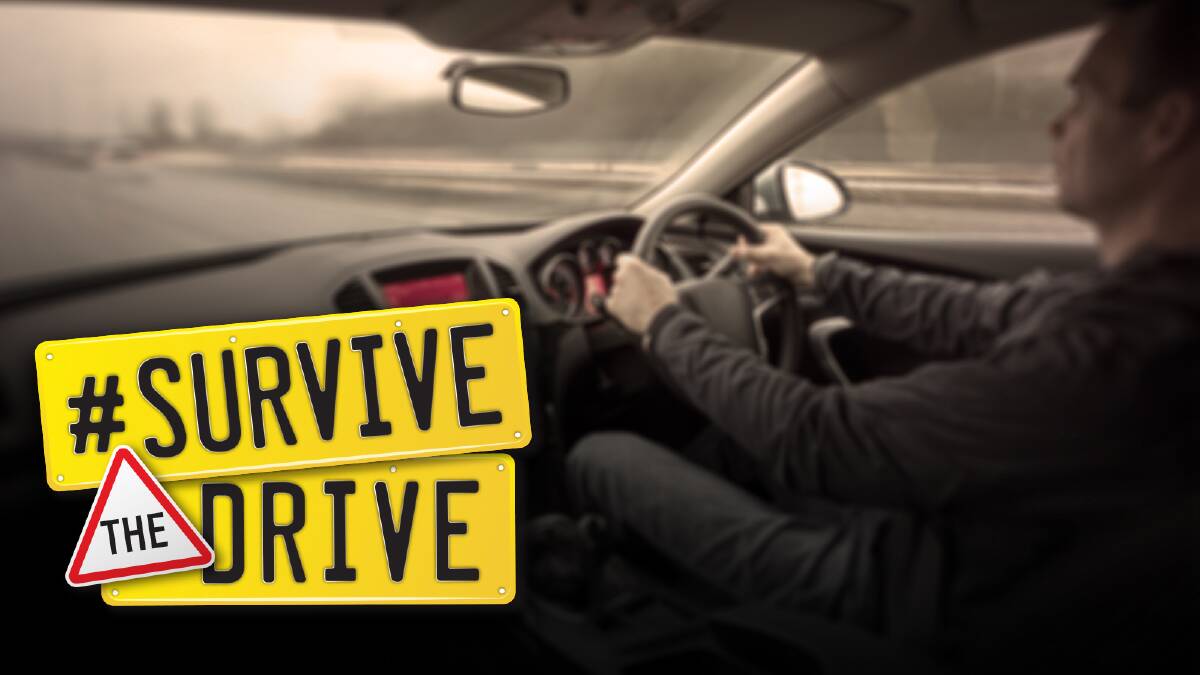
For too long, complacency has been a killer on regional roads, with research showing it’s middle-aged men, not p-platers, most likely to fall victim to the road toll.
Subscribe now for unlimited access.
$0/
(min cost $0)
or signup to continue reading
Across NSW Fairfax Media and Transport NSW have teamed up to encourage drivers to rethink their actions and Survive the Drive.
Through the new campaign, launched Monday, the organisation hopes to shine a spotlight on the ripple effect of trauma, the risks contributing to fatalities and the devastating impact of road crashes on families, community and emergency services.
Over the past five years, 190 people have died on Central West and Orana roads and more than 5000 have been injured.
But the toll felt by the community each time a number is added to that statistic, cannot be measured.
At every crash scene, hidden by sirens and flashing lights, every day people working or volunteering as first responders, face unforgettable trauma.
NSW Roads Minister Melinda Pavey said the new Fairfax Media Survive the Drive campaign would tell the stories of those affected by crashes, those left behind and those fighting to prevent any deaths on our roads.
She said country people are disproportionately represented in the road toll, with two third of NSW fatalities occurring in regional areas.
“Of those 354 fatal crashes, 272 of those fatalities occurred in regional NSW,” she said.
“We are one third of people but constantly two-thirds of fatalities.
“It’s not just about road and road quality it’s about driver behaviour.”
READ MORE:
Within this males aged 30 to 59 account for 39 per cent of fatalities and are most at risk on NSW roads.
Statistics show excessive or inappropriate speed was a factor in 47 per cent of country fatalities, fatigue a factor in 28 per cent, alcohol in 20 per cent and not using seatbelts in 21 per cent.
Ms Pavey said there were no excuses when it came to road safety.
“We need to confront the issue,” she said.
“We need to make a difference on country roads.
“354 – just image that number of people.
“They aren’t just numbers they are our friends, family and colleagues – we all have too many stories people lost on our roads, particularly in country NSW.”
Deputy premier John Barilaro said a NSW advertising campaign, run in conjunction with Fairfax’s campaign, was fantastic and would deal with issues specifically being seen in country NSW.
“The numbers are too high,” he said.
“In the regions often country people believe it is city people visiting the regions who are dying on the roads – it’s not, it’s locals.
“It’s a timely message especially at Christmas as people travel across the state and country on regional roads.
“Emergency services and police have to deal with this, to be confronted by the carnage on the road, they have to live with that experience.”


